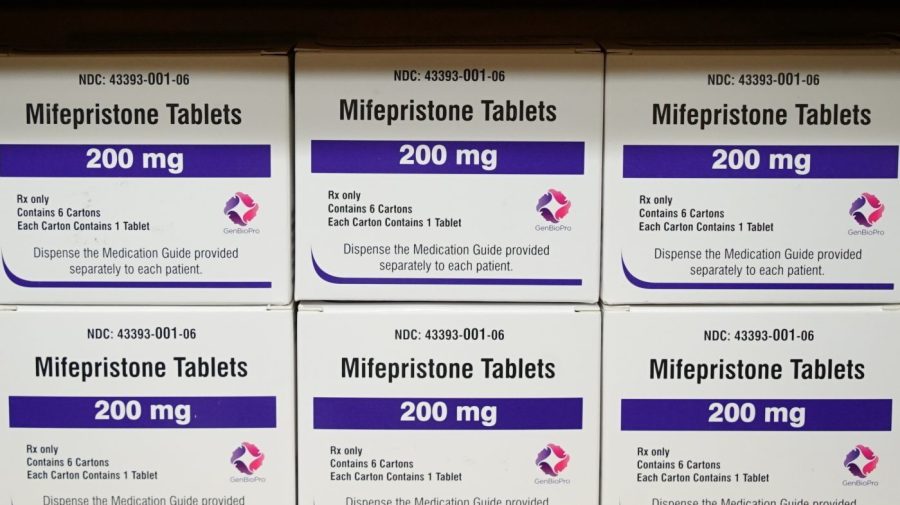A Texas man is suing a California doctor for allegedly providing his girlfriend with abortion medication.
The lawsuit—a civil complaint filed in the federal court for the Southern District of Texas—accuses a physician named Remy Coeytaux of violating state and federal laws by mailing abortion pills to “murder” the “unborn child” of the plaintiff, Jerry Rodriguez.
This is the first individual complaint concerning abortion pills mailed via a telehealth provider to be filed in federal court, meaning it could eventually be heard by the U.S. Supreme Court.
Coeytaux did not immediately respond to a request for comment from The Hill.
In the lawsuits, Rodriguez claims that Coeytaux mailed his girlfriend’s ex-partner abortion medication, which she then took to terminate two pregnancies in 2024. Rodriguez’s girlfriend, Kendal Garza, is currently two months pregnant, and he fears that her ex-partner, Adam Garza, will try to pressure her to “kill his unborn child” again and obtain abortion pills from Coeytaux to “commit the murder,” according to the lawsuit.
He alleges that the doctor is responsible for the wrongful death of an “unborn child” and is asking a judge for $75,000 in damages.
The lawsuit also alleges that Coyetaux is guilty of violating the Comstock Act, an anti-obscenity law passed in 1873 that bans the mailing of “obscene” materials, which has not been enforced in over 100 years.
The lawsuit is similar to the case filed by Texas Attorney General Ken Paxton late last year, which has tested the power of abortion-related shield laws meant to protect providers in states like New York, California and Washington where the procedure is legal from being extradited or forced to pay penalties for providing care to people in states with restrictive abortion laws.
Paxton filed a civil suit against a New York doctor Margaret Daley Carpenter for allegedly prescribing and mailing abortion medication to a 20-year-old woman in Collin County, Texas which later resulted in a medical abortion.
A Texas judge ordered Carpenter to pay more than $100,000 in penalties for allegedly prescribing the drugs but neither Carpenter nor her lawyer attended a court hearing related to the charge or responded to the lawsuit.
Texas officials have tried twice to force New York courts to recognize its ruling, but they have been unsuccessful with a county clerk citing the state’s shield law.
“The rejection stands. Resubmitting the same materials does not alter the outcome,” the clerk said in a statement. “While I’m not entirely sure how things work in Texas, here in New York, a rejection means the matter is closed.”

